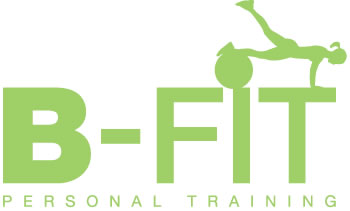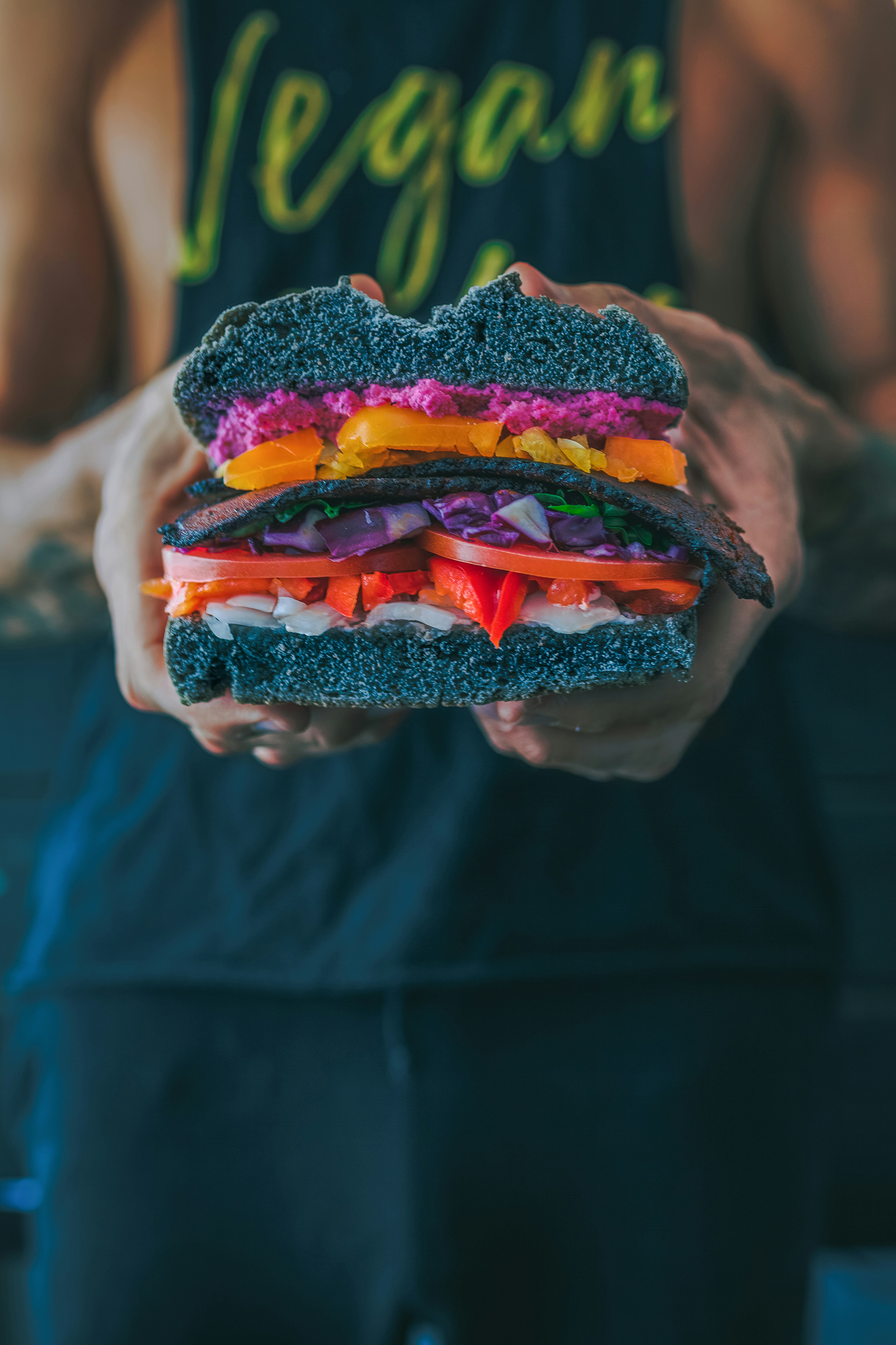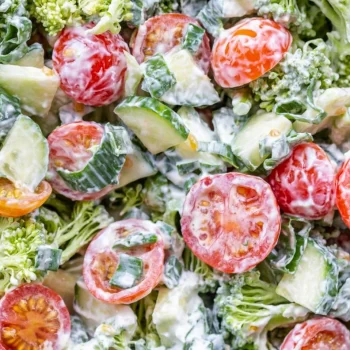Being vegan in this day and age isn’t all it’s cracked up to be. Why do I take this controversial stand? Because although the packaging can look enticing with its claims of being green and good for you, the majority of vegan meat-free products contain a host of synthetic ingredients and genetically modified soy, which is more damaging to your body than even conventional meat that’s also been pumped full of hormones, antibiotics and fed this toxic legume. Genetically modified soy is also extremely damaging to the environment. Plus, our bodies have no idea what to do with these chemical compounds, which in turn causes an immune system response that results in inflammation and toxic overload of fat cells. Hence why it’s not uncommon to come across people who follow a vegan diet and are still overweight. So, let’s dive deeper into the 4 reasons why being vegan could damage your health………
1. Most packaged vegan ‘meat’ is ultra-processed: Many meat-free alternatives are highly processed with the addition of artificial colours, flavours, preservatives and other chemical additives that are used to ‘mimic’ the taste and texture of meat. Ultra-processed foods like these are also high in iodised salt, sugar and toxic fats like rapeseed oil.
2. They lack the nutritional benefits of whole plant foods: Unprocessed plant-based foods like fruits, vegetables, whole grains and legumes give your body nutrients in the form of natural fibre, vitamins, minerals and other beneficial compounds that you can never get from a packet of moulded fake meat.
3. They can be high in sodium: Some processed meat-free products have been found to contain high levels of sodium, even more than a packet of crisps, according to a U.K. study by Action on Salt, and diets that are too high in iodised salt can lead to developing diseases like osteoporosis, certain cancers and kidney disease.
4. Processing alters the food matrix: The manufacturing process used to create meat-free alternatives can change the physical and chemical composition of the original plant ingredients, which has the potential of reducing their nutritional value (although the manufacturers would never admit to this).
So, how do you know if a plant-based meat alternative is ultra-processed?
Read the ingredient list:
– If the product has more than 5 ingredients, then it is ultra-processed.
– Look out for ingredients like emulsifiers (usually soy lecithin), preservatives, colourings and E-numbers.
Check the nutritional profile:
– Look to see if the product has been fortified with vitamins and minerals typically found in meat, like vitamin B12, iron, zinc and iodine. Fortification indicates that the product is trying to mimic the nutritional profile of meat.
Doing the above can help you to determine whether a meat alternative is an ultra-processed food or a more minimally processed, wholefood plant-based option (meaning, it won’t include emulsifiers and thickeners like soy lecithin, methyl cellulose or carrageenan; preservatives and additives like E-numbers; refined plant soy or wheat protein; high levels of iodised salt, sugar or saturated fat, which are added to mimic the taste, texture and appearance of real meat.
And Along Came A Monster…
But it’s not just soy burgers with E-numbers that you need to be wary of. Have you ever heard of ‘Frankenfoods’? The global campaigns and movements to get us to eat less meat (like the 20% Less Meat Campaign by UK public sector catering operators, who are being encouraged to decrease the amount of meat on their menus by 20% across schools, hospitals, universities and care homes because of climate change) has spurred on the production of frankenfoods.
However, this ‘cultured meat’ goes beyond the usual soy-based burger… it has been created to be indistinguishable from real animal meat, because it actually originates from animal cells taken from fetal bovine serum, which they get from slaughtering pregnant cows, dispelling the myth that this meat saves animal life. The cells are grown in a solution to develop into a meat-like structure.
Frankenfood advocates say their ‘meat’ is authentic and environmentally friendlier, but according to New Scientist, lab-grown meat generates up to 25 times more CO2 emissions compared to traditional animal farming, making its carbon footprint significantly larger than even conventional beef. This data contradicts beliefs regarding climate change.
Billionaires like Bill Gates (yeah, the computer and vaccine guy) have invested in frankenfoods (he has invested heavily in brands like Beyond Meat and Impossible Burger) and also use their money to steer the public’s perception of cultured meat being environmental superior when it’s not.
This monster ‘meat’ characterises ultra-processed food and will more than likely contribute to the health issues associated with them, including obesity, Type-2 diabetes, cardiovascular diseases and cancers.
Healthy Plant-based Protein Alternatives
Luckily for those of you who choose to eat less meat or avoid it altogether, there are ways in which to incorporate more plant-based protein into your diet that doesn’t involve highly processed soy or bovine fetal cells. For example, you could make a plant-based chilli or curry using pulses like peas, beans and lentils or even mushrooms or jackfruit to give you a protein-packed boost. You can also upgrade your smoothie game by adding nut butters like almond or cashew butter to inject more protein into your drink, along with more traditional plant-based protein powders like pea and hemp.
Instead of reaching for biscuits or crisps to satisfy a craving, you could snack on things like organic rice/corn cakes with nut butters or hummus, roasted chickpeas, nuts/seeds or a protein-rich plant-based smoothie. You can also add beans or nuts to salads and soups to boost their protein content. And finally, wholegrain rice substitutes like farro, bulgur and especially quinoa contain plant-based protein, while you can also use pasta made from pea and lentils instead of wheat.
By putting your focus on whole, minimally processed plant foods, you can start experimenting with new recipes and ingredients, which will gradually increase your intake of a variety of plant-based protein sources that avoid processed soy and other ingredients that are detrimental to your health, just like this one, which I love……….. CLICK HERE TO SEE MY STUFFED SWEET POTATOES WITH CHIPOTLE BLACK BEANS RECIPE!!!
Love, Gaynor x





